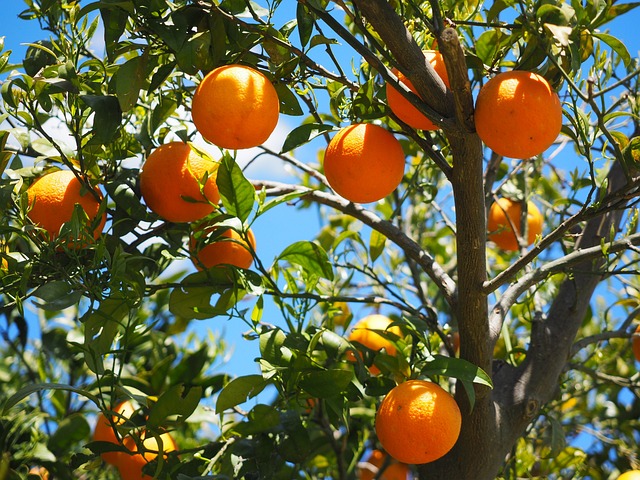Unlocking the Potential: Harnessing Probiotics for Athletic Performance and Recovery
Probiotics have gained significant attention in recent years for their positive impact on gut health and immunity. However, their potential benefits stretch beyond digestion and immune support. In the world of athletics, probiotics are emerging as a promising tool for enhancing performance and accelerating recovery.
The Gut Microbiome: The Athlete’s Hidden Ally
The gut microbiome refers to the complex community of microorganisms living in our digestive tract. This ecosystem plays a crucial role in various aspects of our health, including immune function, nutrient absorption, and even mental well-being. Research has shown that the gut microbiome also has a profound influence on athletic performance.
Athletes subject their bodies to intense physical stress, which can impact the balance of the gut microbiome. Imbalances in the gut can lead to inflammation, impaired nutrient absorption, and a weakened immune system. This is where probiotics come into play.
Probiotics for Enhanced Performance
Probiotics are live bacteria and yeasts that confer health benefits when consumed in adequate amounts. Several studies have investigated their effects on athletic performance, and the results are promising.
Improved Nutrient Absorption
Probiotics promote a healthy gut environment, which in turn enhances nutrient absorption. This can be particularly beneficial for athletes who need to maximize their intake of macronutrients (such as carbohydrates, proteins, and fats) for improved energy production and muscle repair.
Reduced Inflammation
Intense exercise can cause inflammation in the body, leading to muscle soreness and delayed recovery. Probiotics have been shown to modulate the immune response and help reduce inflammation. By mitigating inflammation, athletes may be able to bounce back quicker from intense training sessions and competitions.
Enhanced Immune Function
Strenuous exercise can temporarily suppress the immune system, leaving athletes susceptible to infections and illnesses. Probiotics have been found to strengthen the immune system by promoting the production of antibodies and enhancing the function of immune cells. This can be particularly beneficial for athletes who often engage in heavy training schedules, increasing their risk of immune-related issues.
Choosing the Right Probiotic Strain
With numerous probiotic products available in the market, it’s important for athletes to select the right strain that aligns with their specific goals. Not all probiotics are created equal, and different strains offer unique benefits.
Lactobacillus and Bifidobacterium are two commonly studied genera of probiotics with potential benefits for athletes. Lactobacillus plantarum, for example, has been shown to enhance exercise performance and decrease markers of exercise-induced muscle damage. Bifidobacterium bifidum, on the other hand, has been associated with improved immune function.
Integrating Probiotics into an Athlete’s Routine
When incorporating probiotics into their routine, athletes should consider a few important factors:
- Strain Selection: As mentioned earlier, athletes should choose a probiotic strain based on their specific needs and goals.
- Timing: Probiotics can be consumed at any time of the day, but some studies suggest consuming them before or after exercise may enhance their benefits.
- Dosage: The optimal dosage of probiotics may vary depending on the strain and individual needs. It’s recommended to follow the instructions provided by the product or consult with a healthcare professional.
- Consistency: Like any health supplement, consistency is key. Regularly including probiotics in one’s routine can yield long-term benefits for gut health and athletic performance.
The Future of Probiotics in Sports
The use of probiotics in sports nutrition is still a relatively new area of research. As scientists continue to delve into the role of the gut microbiome in athletic performance, more specific probiotic strains and formulations tailored to athletes’ needs may emerge.
It’s important to note







